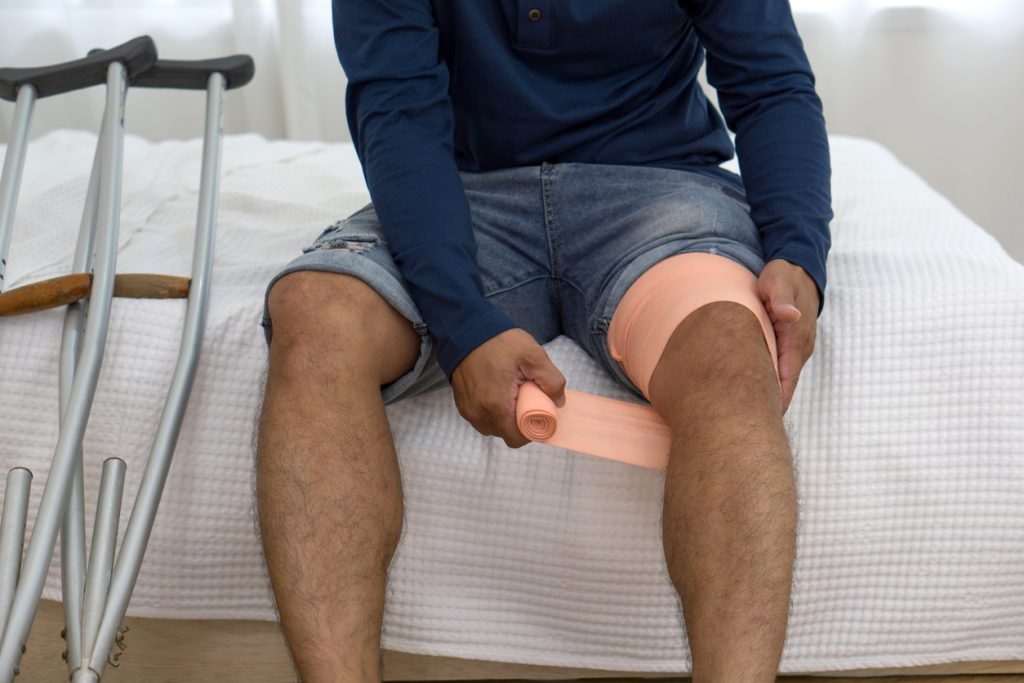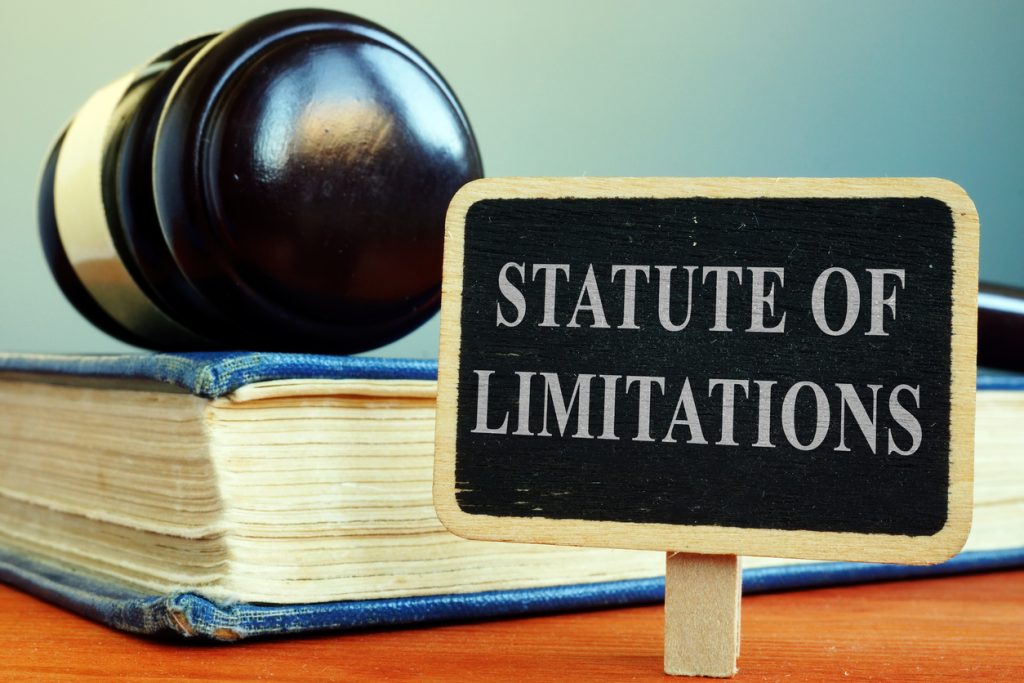Understanding the Statute of Limitations for Personal Injury in Colorado is crucial for anyone considering legal action after suffering harm. Statutes of limitations are legal deadlines that define how long an individual has to initiate a lawsuit following an injury. Failing to act in accordance with these deadlines can result in a loss of the right to recover compensation, regardless of the merits of the underlying claim.
Comprehensive Resources for Understanding the Statute of Limitations for Personal Injury in Colorado
The Statute of Limitations for Personal Injury in Colorado impacts nearly every stage of a claim, from initial case evaluation through settlement negotiations and trial preparation. If you need a comprehensive overview of deadlines, legal definitions, and commonly encountered exceptions, you can find detailed guidance in this resource on the Statute of Limitations for Personal Injury in Colorado, which offers valuable insights individuals should consider before taking legal action.
What Is the Statute of Limitations for Personal Injury in Colorado?
Colorado law sets strict deadlines for the filing of lawsuits related to personal injuries. The Statute of Limitations for Personal Injury in Colorado generally provides individuals two years from the date of the incident to file a civil action for bodily injury, unless specific exceptions or circumstances extend or reduce this period. This deadline is codified in Colorado Revised Statutes §13-80-102, which forms the backbone of personal injury litigation in the state.
How the Statute of Limitations for Personal Injury in Colorado Affects Your Legal Rights
Missing the statutory window can negate a claimant’s right to seek monetary damages. Colorado courts consistently uphold these limitations, emphasizing the importance of prompt action. Explicit attention to the Statute of Limitations for Personal Injury in Colorado is necessary from the moment an accident or injury occurs. Individuals who delay risk dismissal of any claim, regardless of severity.
Exceptions to the Statute of Limitations for Personal Injury in Colorado
The state recognizes several exceptions to the standard two-year period, some of which can either pause (“toll”) or alter the limitations period. One key exception involves automobile accidents. For injuries arising from motor vehicle collisions, Colorado’s law extends the Statute of Limitations for Personal Injury in Colorado to three years, offering additional time for victims to assess damages and initiate proceedings. When injuries involve minors or individuals incapacitated by the event, the limitations period may similarly toll until the legal disability is removed. Other scenarios, such as discovery of harm after the fact, might trigger the “discovery rule,” postponing the start of the deadline until the injury is or should have been known.
Importance of Immediate Legal Evaluation Under the Statute of Limitations for Personal Injury in Colorado
Promptly seeking a legal evaluation is vital once an injury has occurred. Not only does it preserve the claimant’s rights under the Statute of Limitations for Personal Injury in Colorado, but it allows for preservation of vital evidence and accurate documentation. Court procedures demand timely filings supported by medical records, witness statements, and expert testimony. Proactive attention to these steps is necessary to avoid inadvertent forfeiture of the right to pursue a claim.

Navigating Complex Scenarios: Multiple Defendants and Hidden Injuries
Complexity can arise when multiple potential defendants are involved or when the full extent of injury is not immediately apparent. The Statute of Limitations for Personal Injury in Colorado addresses such situations through rules regarding “claims against government entities” and “delayed discovery.” Claims against Colorado government agencies are subject to special notice requirements and compressed timelines—plaintiffs generally must provide written notice within 182 days after the discovery of the claim. For latent injuries, the clock typically starts when the injury is, or should reasonably have been, discovered, illustrating the nuanced application of the statute.
Comparative Fault and Its Intersection with the Statute of Limitations for Personal Injury in Colorado
Colorado follows a modified comparative fault system. While this doctrine allocates damages according to respective fault, it does not extend or affect the Statute of Limitations for Personal Injury in Colorado. Even if questions about liability are ongoing, the limitations period remains a hard deadline; a pending insurance investigation or negotiations with defendants will not stall the statutory clock.
Pediatric Claims and Tolling Under the Statute of Limitations for Personal Injury in Colorado
For injured minors, Colorado law modifies the commencement of the limitations period, recognizing that children are not legally empowered to initiate proceedings. The Statute of Limitations for Personal Injury in Colorado is tolled—meaning the countdown pauses—until the minor reaches the age of 18. Thereafter, the standard limitations period applies, although courts require diligent pursuit of claims upon reaching majority.
Out-of-State Defendants and the Limitations Period
If the party alleged to be responsible for injury leaves Colorado after the incident occurs but before the lawsuit is filed, the Statute of Limitations for Personal Injury in Colorado may pause until the defendant returns. This approach ensures that plaintiffs are not disadvantaged by a defendant’s absence, but it requires careful accounting of an absent defendant’s whereabouts and the legal status of their residency.
The Statute of Limitations for Personal Injury in Colorado and Medical Malpractice
Though often considered under a separate statute, medical malpractice actions also fall under the umbrella of personal injury. The Statute of Limitations for Personal Injury in Colorado in this context is two years from the date the plaintiff discovered or should have discovered the injury, subject to an absolute maximum of three years from the act of negligence (the “statute of repose”). These limitations are strictly interpreted, although certain exceptions—such as concealed acts or foreign objects left in the body—may extend the period.
Workers’ Compensation and Separate Temporal Rules
Claims for injuries sustained in the course of employment are governed not by the general Statute of Limitations for Personal Injury in Colorado, but by the Colorado Workers’ Compensation Act. These claims have unique notification and filing obligations, including a four-day injury notification requirement to the employer and a two-year deadline for filing with the Division of Workers’ Compensation, which runs from the date the injury and its connection with employment becomes apparent.
The Consequences of Missing the Statute of Limitations for Personal Injury in Colorado
The consequences for missing the deadline can be severe and are typically fatal to a claim. Courts routinely dismiss actions that fall outside the prescribed period, eliminating the possibility of recovery. Rare exceptions may exist, but courts are reluctant to waive statutory requirements absent extraordinary circumstances.
Utilizing Authoritative Resources for Timely Filing
For a thorough understanding and to ensure full compliance with deadlines and procedures, consider referring directly to the official guidance from the Colorado Judicial Branch. The Colorado court system provides instructions and forms relevant to the Statute of Limitations for Personal Injury in Colorado through their civil procedure guidelines (this is a natural contextual link to a government source).
Statute of Limitations for Personal Injury in Colorado and Insurance Claims
Initiating an insurance claim does not pause or extend the statutory window for filing a lawsuit. The Statute of Limitations for Personal Injury in Colorado operates independently of insurance company negotiations. Settlement discussions often lead claimants to believe that litigation is avoidable, but parties should never rely solely on the pace of settlement negotiations. If the official case is not filed in court within the prescribed period, rights under Colorado law are potentially lost forever.
The Impact of Fraud or Concealment
If a defendant fraudulently conceals their role in causing an injury, Colorado law may allow the statute of limitations to be tolled until the concealment is discovered or should have been. However, proving fraudulent concealment requires specific factual allegations and clear evidentiary support, and courts strictly scrutinize such claims before allowing additional time to file suit.

Reference to Judicial Standards and Legal Definitions
The Colorado courts adhere strictly to the statutory frameworks governing limitation periods. The standard set forth in the Statute of Limitations for Personal Injury in Colorado is interpreted in accordance with plain statutory language and relevant judicial precedents. Colorado defines “injury” in the statute as physical, mental, or emotional harm caused by another’s action or inaction, provided such injury gives rise to a cause of legal action.
Real-World Implications of the Statute of Limitations for Personal Injury in Colorado
Missing a filing deadline under the Statute of Limitations for Personal Injury in Colorado is one of the most common reasons for dismissal of a case. Unfortunately, even meritorious claims cannot proceed if evidence is presented after the statutory limit has expired. This is why claimants are advised to act promptly and ensure every step, from evidence collection to court filings, occurs within the regulatory framework.
Citing and Building Your Case: Strategy and the Statute of Limitations for Personal Injury in Colorado
Strategic planning plays a vital role in personal injury cases. Every potential avenue for extension, tolling, or exception must be evaluated, but such measures are strictly construed and only available in limited circumstances. Understanding how the Statute of Limitations for Personal Injury in Colorado interacts with the nuances of your particular case is an essential early step. Consulting publicly available resources, like the official Colorado General Assembly explanation of the statutes, can offer critical context.
Effect of Filing Deadlines Across County Jurisdictions
While state law governs the overarching timeframe, practical matters for the Statute of Limitations for Personal Injury in Colorado can hinge on county-specific court processes. Filing in the wrong venue or missing a local filing protocol can still endanger a claim. Keeping records of timely submission and confirmations provided by the chosen court is paramount.
Digital Filings and E-Filing Systems
Colorado’s e-filing system streamlines procedure but does not alter deadlines. A lawsuit is considered timely only if submitted before midnight on the final permissible day outlined in the Statute of Limitations for Personal Injury in Colorado. Technical glitches or incomplete submissions do not typically afford additional time.
How Settlement Offers Influence the Statute of Limitations for Personal Injury in Colorado
A settlement offer does not suspend or reset the statute of limitations. While negotiations can last months or years, they offer no formal reprieve from the legal clock. Only a formally filed complaint within the timeframe set by the Statute of Limitations for Personal Injury in Colorado preserves one’s right to pursue the matter in court, regardless of the current status of negotiations.
The Importance of Diligence: Avoiding Waiver of Rights Under the Statute of Limitations for Personal Injury in Colorado
The most critical takeaway is that the deadlines dictated by the Statute of Limitations for Personal Injury in Colorado require unwavering diligence. Missing the statutory window, even accidentally or for understandable reasons, almost always means forfeiting legal recourse. For further reading on this essential topic, the article, What is the Statute of Limitations for Personal Injury Claims in Colorado, offers a detailed overview of claims, deadlines, exceptions, and the statutory landscape that governs recovery rights in Colorado.
Further, anyone interested in a practical overview of timelines, exceptions, and nuances should consult this insightful article on the Statute of Limitations for Personal Injury in Colorado from a focused practice resource.
Conclusion: Prioritizing Timely Action Under the Statute of Limitations for Personal Injury in Colorado
Understanding and acting within the Statute of Limitations for Personal Injury in Colorado is paramount for anyone seeking legal recourse after injury. The window can be brief, exceptions are tightly controlled, and the consequences of missing a deadline are often irreversible. By consulting reliable sources and staying informed about the governing statutes, individuals maximize their opportunity to seek justice for personal injury claims within the state’s legal framework.
